How do humanitarian aid workers think and act?
This work focuses on how humanitarian organisations operate, including their members, affiliations, messages, practices and cultures. Aid to refugee, displaced, deported, exiled and interned populations plays a central role in humanitarian action both now and in the past. What types of aid are provided to internees and displaced persons? What kinds of obstacles and dilemmas does it face? What sorts of practical, political and ethical questions are raised by the participation of humanitarian organisations in population displacement and internment policies?
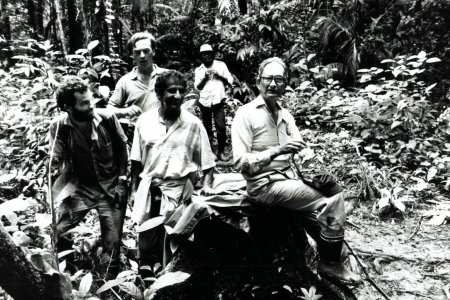 MSF
Analysis
MSF
Analysis
Dying for humanitarian ideas: Using images and statistics to manufacture humanitarian martyrdom
02/15/2017This article has been inspired by an analysis conducted by MSF-Crash of humanitarian security management and why and in what ways it is evolving. We endeavour not only to describe humanitarian imagery, but to analyse its consequences - the risks it generates for aid workers operating in perilous situations.
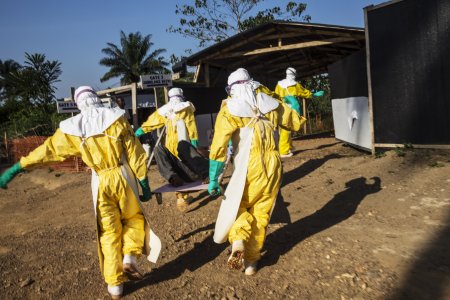 Anna Surinyach
Cahier
Anna Surinyach
Cahier
Médecins Sans Frontières and medical quality
01/01/2017The question of quality in the work of Médecins Sans Frontières has been asked from the very beginning of MSF's existence. On the one hand, the issue of improving the quality of practice is a part of ordinary professional activity; on the other hand, Médecins Sans Frontières' work involved working in distant lands and very specific environments, which demanded adjustments to medical practice as a result.
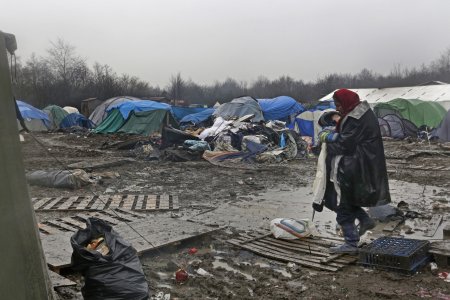 Jon Levy
Analysis
Jon Levy
Analysis
Temporary palliatives to an ongoing humanitarian need: MSF’s intervention in Dunkirk
11/24/2016This article was originally published in Humanitarian Exchange Magazine #67 in September 2016. In this paper, Angélique Muller and Michaël Neuman attempt to explore the lessons learnt through examining the decisions as well as the difficulties MSF encountered in its provision of assistance to migrants in Grande-Synthe.
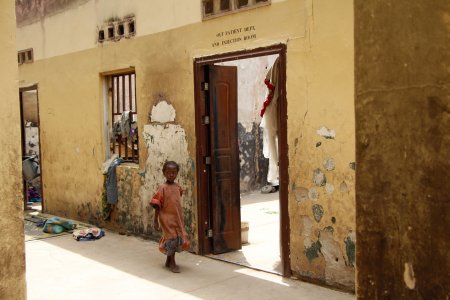 Benoit Finck
Analysis
Benoit Finck
Analysis
War and humanitarian aid
07/25/2016Rony Brauman focuses on the humanitarian environment and practices in war, in order to try to understand and analyze its political and ethical stakes. Starting with the creation of the Red Cross at the end of the XIXth century, he then focused on the contemporary postcolonial period, switching between various scales and reporting on contradictory points of view and issues.
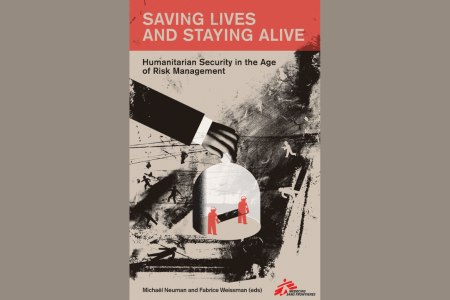 Book
Book
Saving Lives and Staying Alive: Humanitarian Security in the Age of Risk Management
03/29/2016When MSF nurse Chantal Kaghoma regained her freedom in August 2014 after being held hostage for thirteen months by rebel group ADF in the DRC, she said, “While I was in prison with all the other hostages, I had lost all faith in everyone"
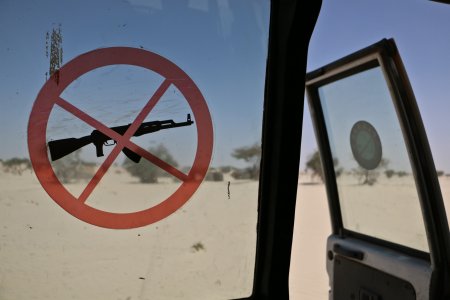 Sara Creta
Analysis
Sara Creta
Analysis
Review "Aid in Danger: The Perils and Promise of Humanitarianism"
03/29/2016This review of Larissa Fast's " 'Aid in Danger'. The Perils and Promise of Humanitarianism" was published in the International Review of the Red Cross (Volume 96 / Issue 894)
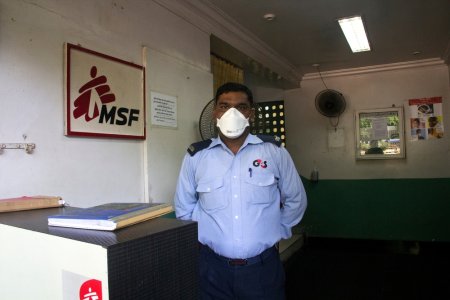 Anshul Uniyal
News in brief
Anshul Uniyal
News in brief
Soon released! Saving Lives and Staying Alive
02/08/2016 Read more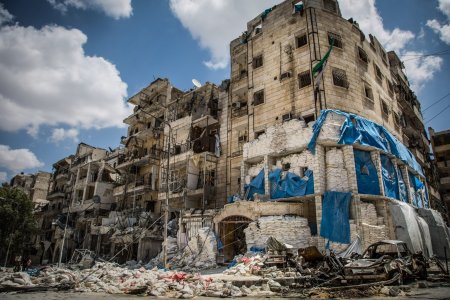 Karam Almasri
Analysis
Karam Almasri
Analysis
How humanitarians work when faced with Al Qaeda and the Islamic state
02/20/2015How to intervene with the civilian populations in the middle of the war in Syria? Jean-Hervé Bradol, director of studies at Crash and former project coordinator for the northern part of Syria in 2013, testifies about the negotiations carried out in Syria in cities taken by groups affiliated to Al Qaeda or the Islamic State. This article was published on the Mediapart website on February 1, 2015.
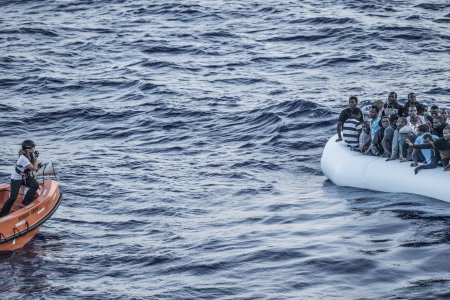 Francesco Zizola
Analysis
Francesco Zizola
Analysis
The State of the Humanitarian Sector
01/30/2015This article is an English translation of an interview of Fabrice Weissman about the State of the Humanitarian Sector, in Revue Internationale et Stratégique (n°98, 2015/2) published by the Institut de Relations Internationales et Stratégiques
